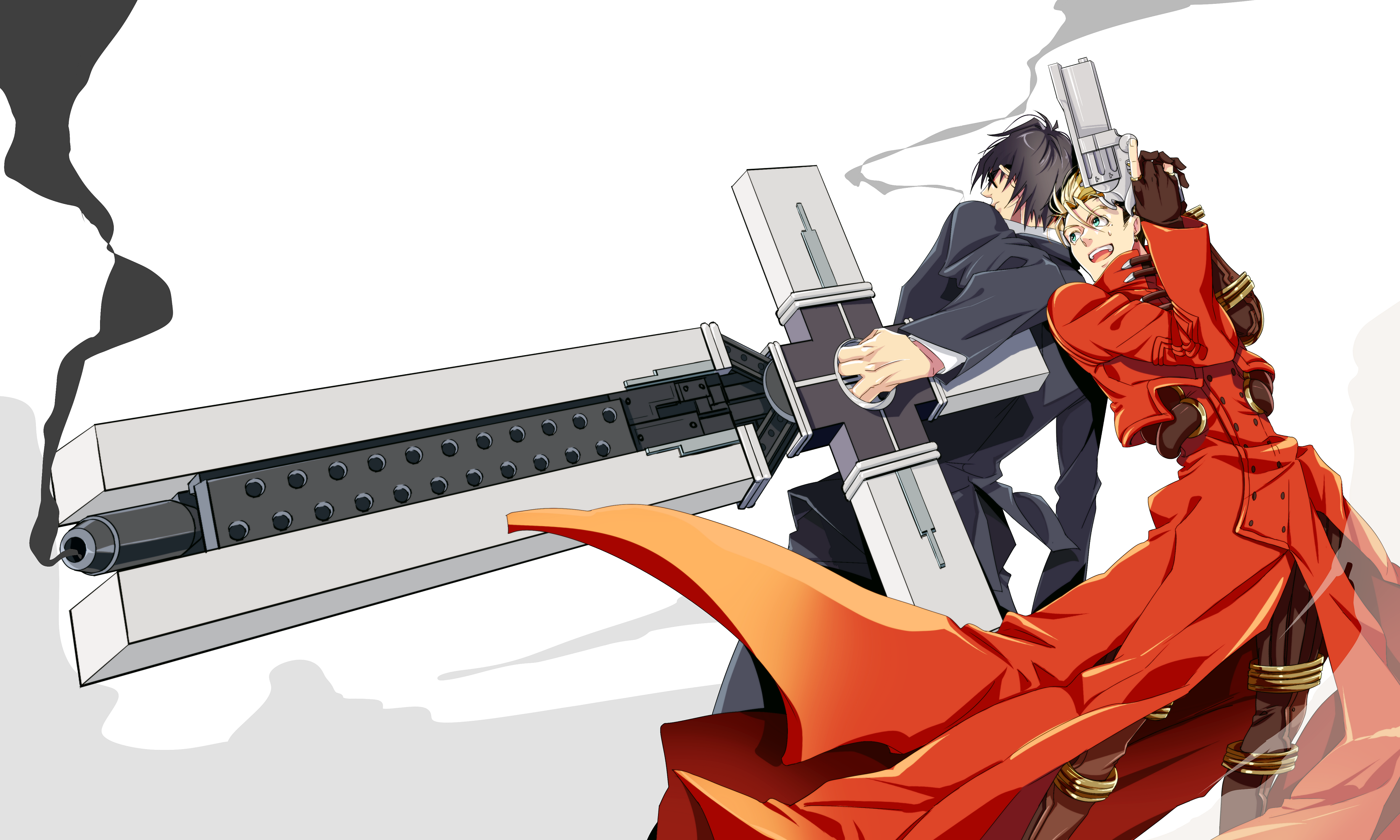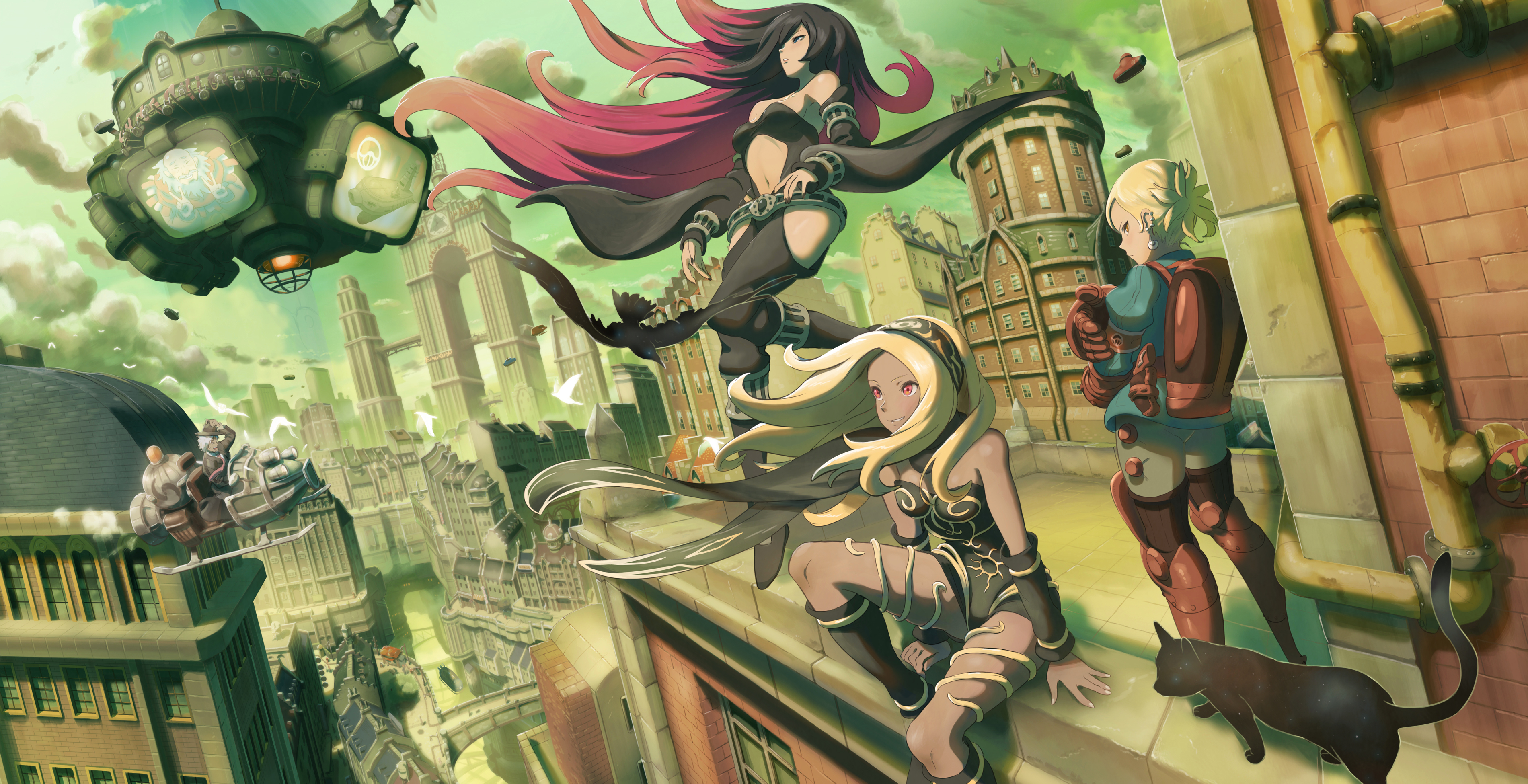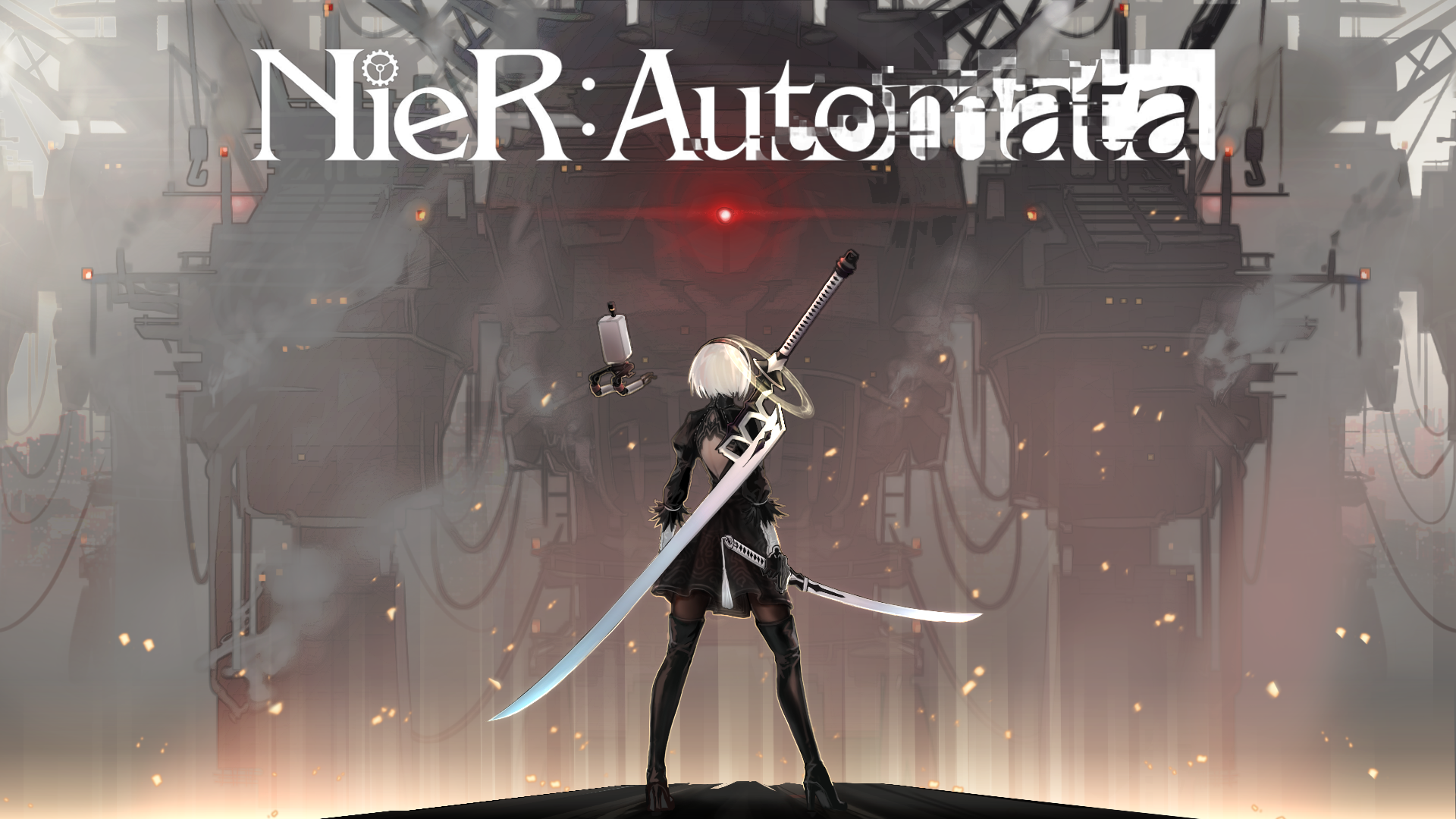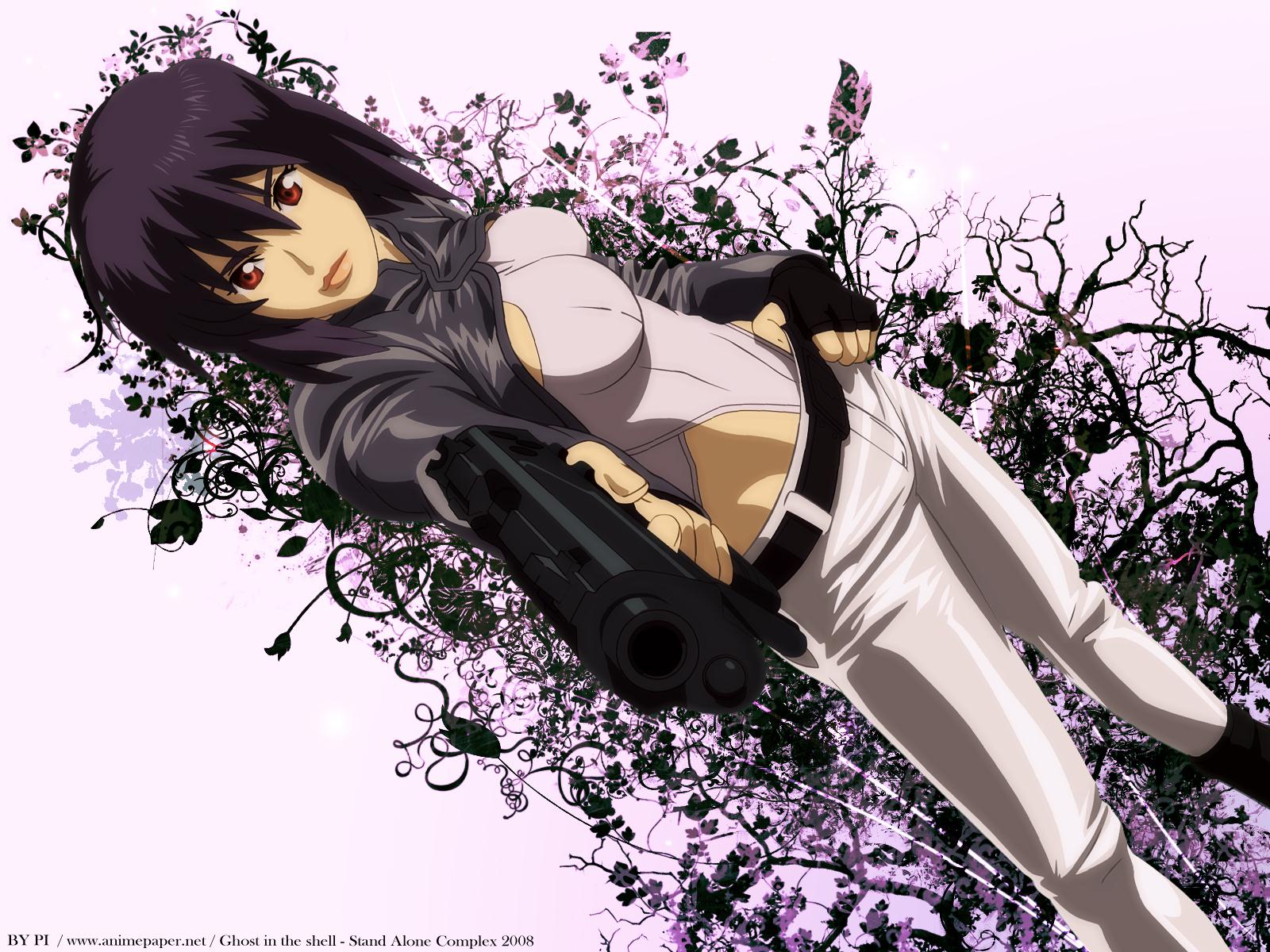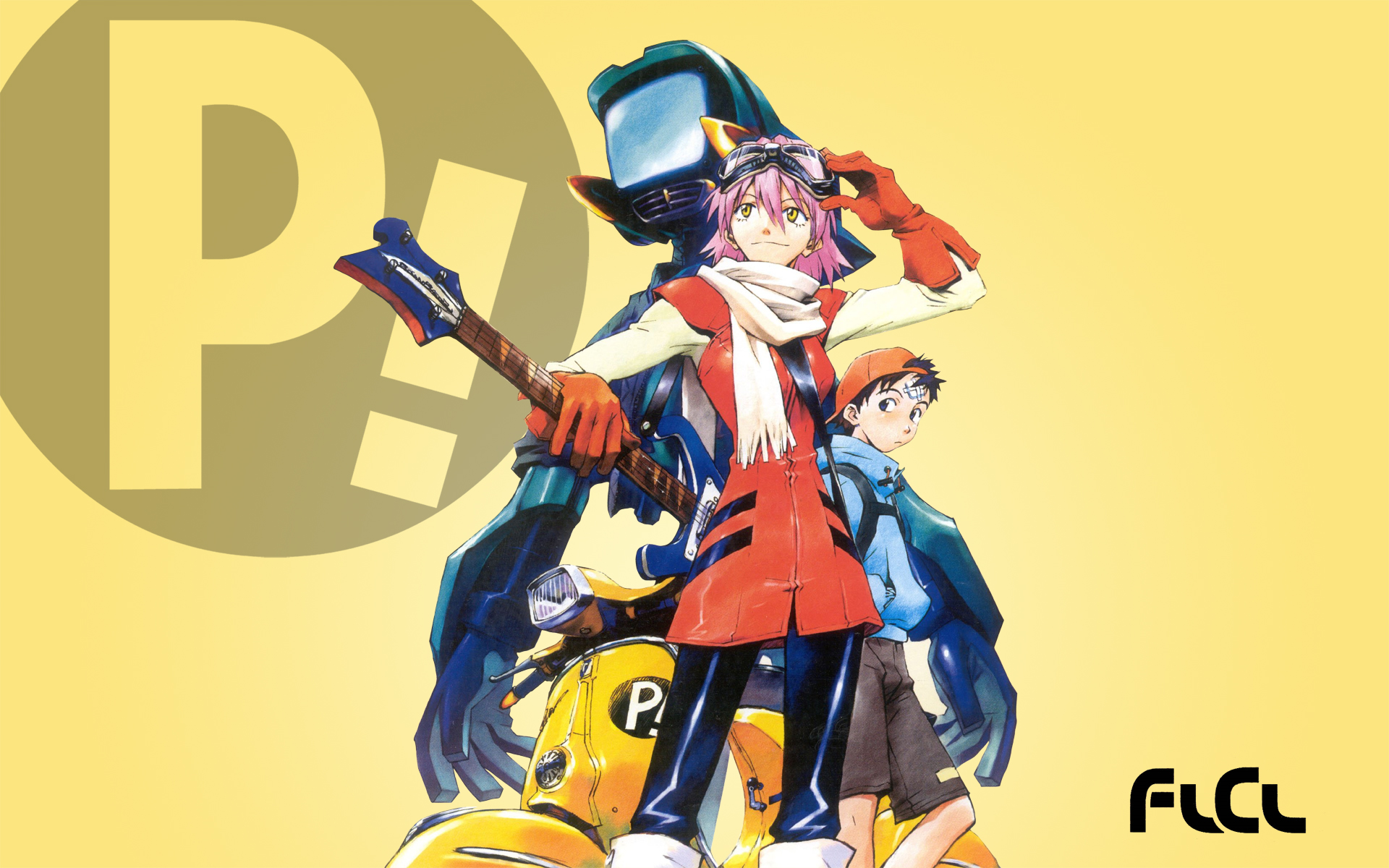Trigun (Japanese: トライガン Hepburn: Toraigan) is a Japanese manga series written and illustrated by Yasuhiro Nightow. The manga was serialized in Tokuma Shoten‘s Shōnen Captain in 1995 with three collected volumes when the magazine was discontinued in 1997. The series continued in Shōnen Gahosha‘s Young King Ours magazine, under the title Trigun Maximum (トライガンマキシマム Toraigan Makishimamu), where it remained until finishing in 2008.
Both manga were adapted into an anime television series in 1998. Madhouse animated the TV series which aired on TV Tokyo from April 1, 1998 to September 30, 1998, totaling 26 episodes. An animated feature film called Trigun: Badlands Rumble was released in April 2010.[3]

